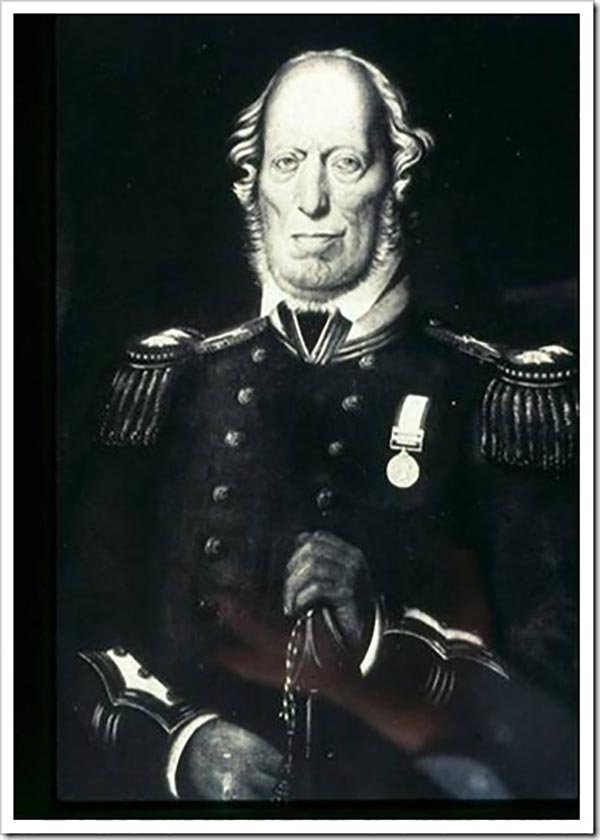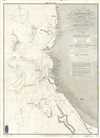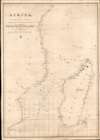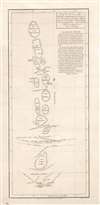William Fitzwilliam Owen (September 17, 1774 - November 3, 1857) was an officer in the British navy and a renowned explorer. He embarked on the HMS Culloden as a midshipman at the age of 13 and began his life in the navy. He served under Lord Nelson during the first years of the Napoleonic Wars. In 1803, when war with France resumed, he was given command of the 16-gun brig HMS Safflower and sent to the East Indies, where he would spend the next few years. He explored the Maldives in 1806 and discovered the Seaflower Channel, which is between the islands of Siberut and Sipora off the west coast of Sumatra, that same year. In 1808 he was captured by the French and imprisoned in Mauritius for two years. he returned to England in 1813 and spent from 1815 to 1816 surveying the Canadian Great Lakes.
Between 1821 and 1826, Owen mapped the entire east coast of Africa from the Cape of Good Hope to the Horn of Africa in the sloop Leven. He returned in 1826 with 300 new charts which covered 30,000 miles of coastline, but over half of the original crew had died of tropical diseases. In the mid-1830s, nearing the end of his career, Owen moved his family to New Brunswick, where he became involved in local politics and even served as a justice of the peace. In the final action of his career in the Navy, Owen conducted the definitive survey of the Bay of Fundy between September 1842 and December 1847. Some charts in use today are based on his work.
Between 1821 and 1826, Owen mapped the entire east coast of Africa from the Cape of Good Hope to the Horn of Africa in the sloop Leven. He returned in 1826 with 300 new charts which covered 30,000 miles of coastline, but over half of the original crew had died of tropical diseases. In the mid-1830s, nearing the end of his career, Owen moved his family to New Brunswick, where he became involved in local politics and even served as a justice of the peace. In the final action of his career in the Navy, Owen conducted the definitive survey of the Bay of Fundy between September 1842 and December 1847. Some charts in use today are based on his work.





